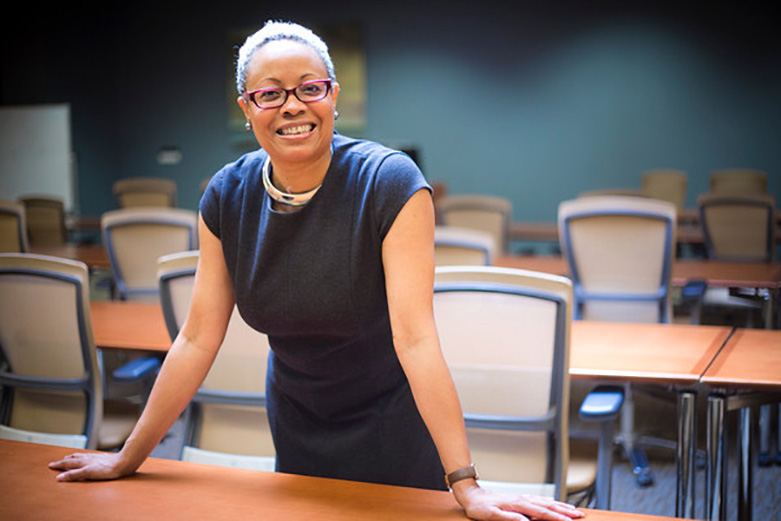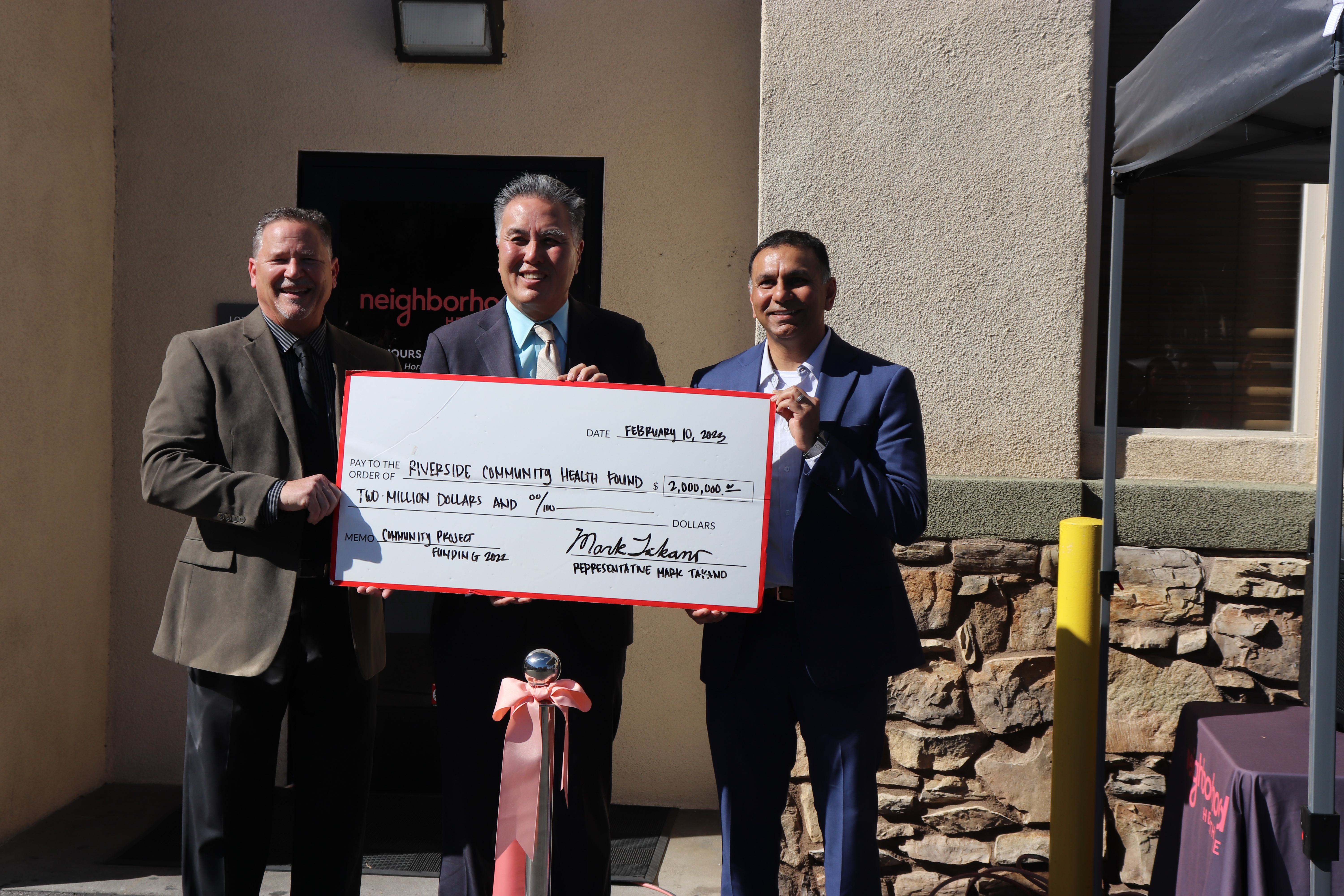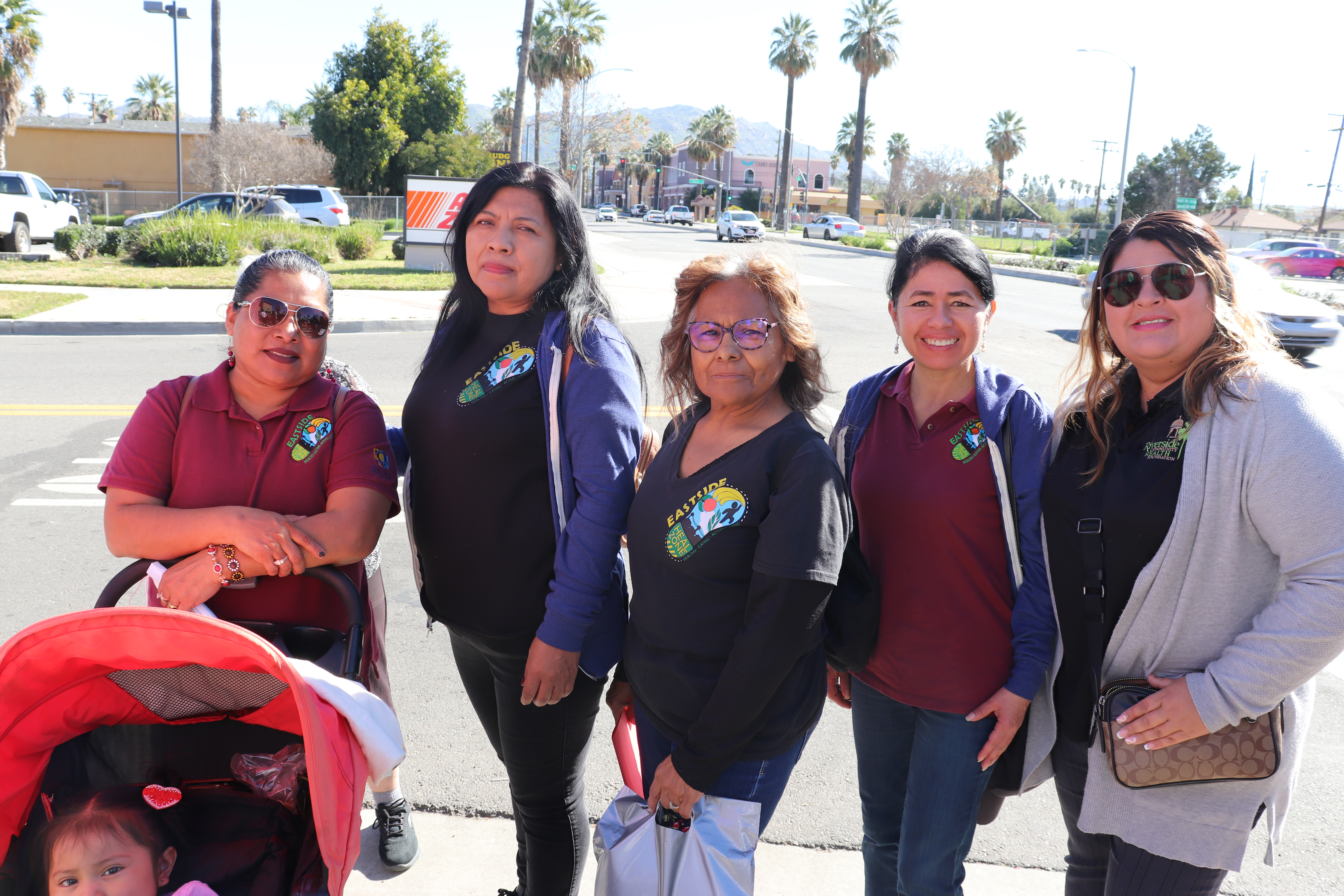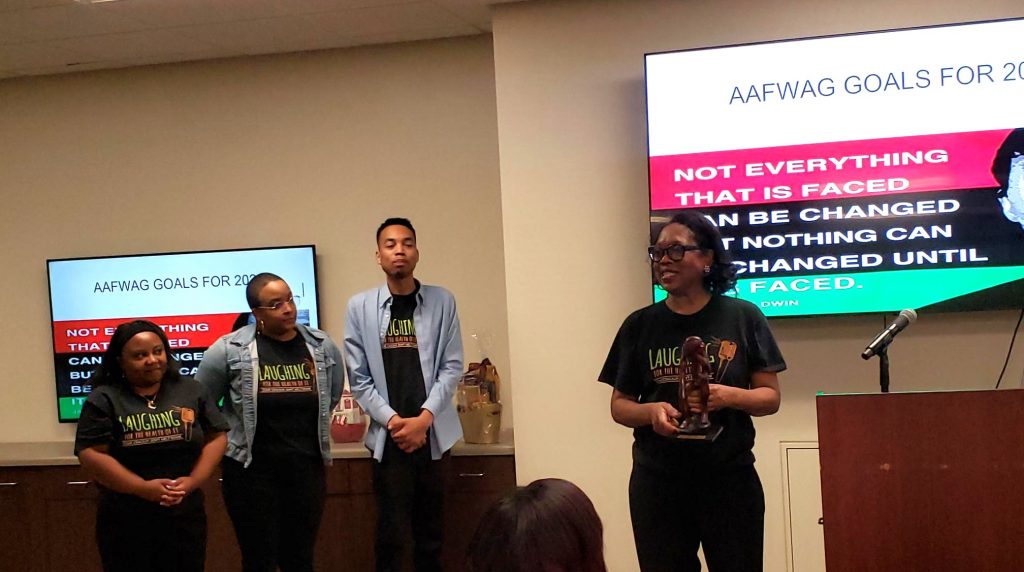By Antonio Ray Harvey | California Black Media
Two tax planning lawyers shared their perspectives on one of the ways to pay for the racial injustices suffered by Black Californians with the California Task Force to Study and Develop Reparations Proposals for African Americans.
At the task force’s last two-day meeting held in San Diego on Jan. 27 and Jan. 28, the estate and tax planning attorneys Raymond “Ray” Odom and Sarah Moore-Johnson proposed several options to the nine-member task force for funding reparations through the federal tax code system — including an estate tax as a means to increase racial equity.
The tax discussion, held about a month ago, was as a lead-in to the task force’s next meeting in Sacramento focused on compensation and titled “Redressing the Harms Delineated in Report 1.” That meeting will be held Friday, March 3 and Saturday March 4 at the Byron Sher Auditorium at the California Environmental Protection Agency (CalEPA) Headquarters, beginning at 9 a.m. both days.
Moore-Johnson kicked off her presentation at the San Diego meeting during a panel titled “The Forgotten 40 Acres: Repairing Wealth Disparity Using the Estate Tax and New Charitable Incentives.” She said, “the tax code has incentivized White wealth building for years,” and that she and Odom have now found a way to redistribute wealth through tax exemptions at the state level.
“For years, Ray and I intuitively understood that if we could harness those tax incentives to create a public-private partnership to help fund reparations we could get our wealthy clients to willingly enthusiastically embrace using their own money to pay for reparations,” Moore-Johnson said. “We believe that tax deductions should be allowed for private contributions to racial repair because individual taxpayers would be paying a debt of the federal or state government on the government’s behalf,” Moore-Johnson said.
Potential revenue sources, the attorneys say, could be the state estate tax, mansion tax, graduate property tax, and metaverse tax.
Johnson mentioned that the graduate property tax revenue would not apply to California because of Proposition 13, a law that restricts increases in the state tax code.
Odom and Moor-Johnson’s presentation was a condensed introduction to the wealth disparity resulting from chattel slavery and Jim Crow law and the connection to wealth transfer and wealth taxation. Odom, however, emphasized that their idea to use the tax code is intentional but it is not a manipulation of the federal tax system.”I really think that it is so important to set the narrative — and that narrative isn’t around who’s getting something for nothing, but what we are going to do about this gross wealth disparity,” Odom said. “We need to solve this problem for all Americans, but especially for Black Americans.”
Odom – a Chicago estate and tax planning attorney who works at Northern Trust and conducts racial wealth disparity speaking engagements across the country – is a fellow of the American College of Trust and Estate Counsel (ACTEC). He is one of five Black tax attorneys among ACTEC’s 2,500 fellows.
Established in Los Angeles in 1949, ACTEC is a nonprofit association of lawyers and law professors skilled and experienced in the preparations of wills and trusts; estate planning; and probate procedure and management of trusts and estates of the deceased, minors and helpless.
Odom and Moore Johnson explained that the racial wealth gap started to expand in 1981 when Ronald Reagan was in office and the biggest tax cut in history took place. Odom said reparations would be an opportunity to replace “swollen wealth” with the “stolen wealth” of Black people.
Moore-Johnson, an estate planning lawyer and a founding partner at Birchstone Moore in Washington DC, became president of the Washington, DC, Estate Planning Council three weeks after George Floyd was murdered in 2020. She is also an ACTEC fellow.
In March of 2021, during a national ACTEC meeting, Odom and Johnson came up with the idea of funding reparations for slavery through the estate tax. They started their research to better understand the history of slavery, post-slavery, reparations and the wealth gap. Through their research, the duo learned that the racial wealth gap exists, partly, because of the way the federal tax code is set up.
Task force member Sen. Steven Bradford (D-Gardena) stated that the tax attorney’s recommendations provided a “clear road map” to reparations.
“All that said, I think it’s comforting, informative and powerful,” Bradford said after the tax attorneys’ presentation. “As a legislator, the takeaway is, we can afford it. This is a debt that’s owed.”
Dorothy A. Brown addressed the task force by teleconference and shared her views about reparations and the tax code. She is a tax professor at Georgetown Law and the author of the book “The Whiteness of Wealth: How the Tax System Impoverishes Black Americans and How We Can Fix It.”
Brown’s literature goes to the core of how the complex federal tax system disadvantages the Black community and how it has helped White households secure more solid financial standing.
“Our tax laws as written have a racially disparate impact. Black Americans are less likely to gain access to their tax breaks than their White peers receive,” Brown said. “Therefore, (Black Americans) are more likely to pay higher taxes than their White peers.”
Brown told the task force that she supports a “wealth tax credit applicable to all taxpayers and households,” which would serve the majority of Black people and be available to all “regardless of race and ethnicity.”
“I want to be clear that I’m not providing tax advice or guidance for providing a possible analysis of any reparations payments,” Brown said. “I leave it to your tax council (economic experts) to make a final determination that you would rely upon moving forward.”
 Westside Story Newspaper – Online The News of The Empire – Sharing the Quest for Excellence
Westside Story Newspaper – Online The News of The Empire – Sharing the Quest for Excellence




